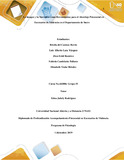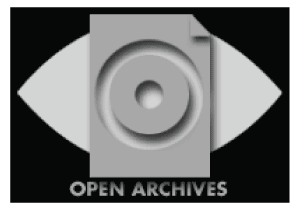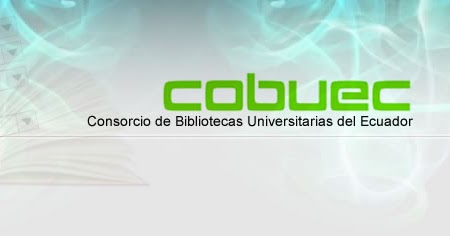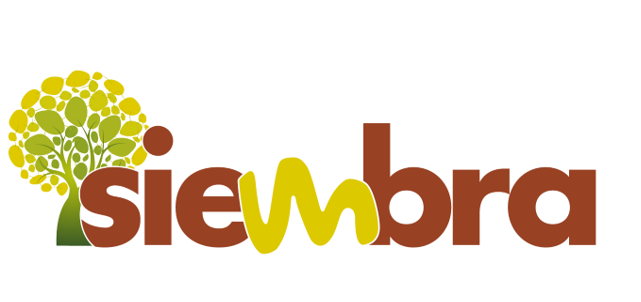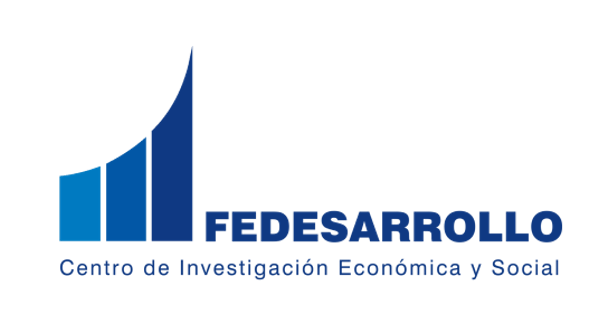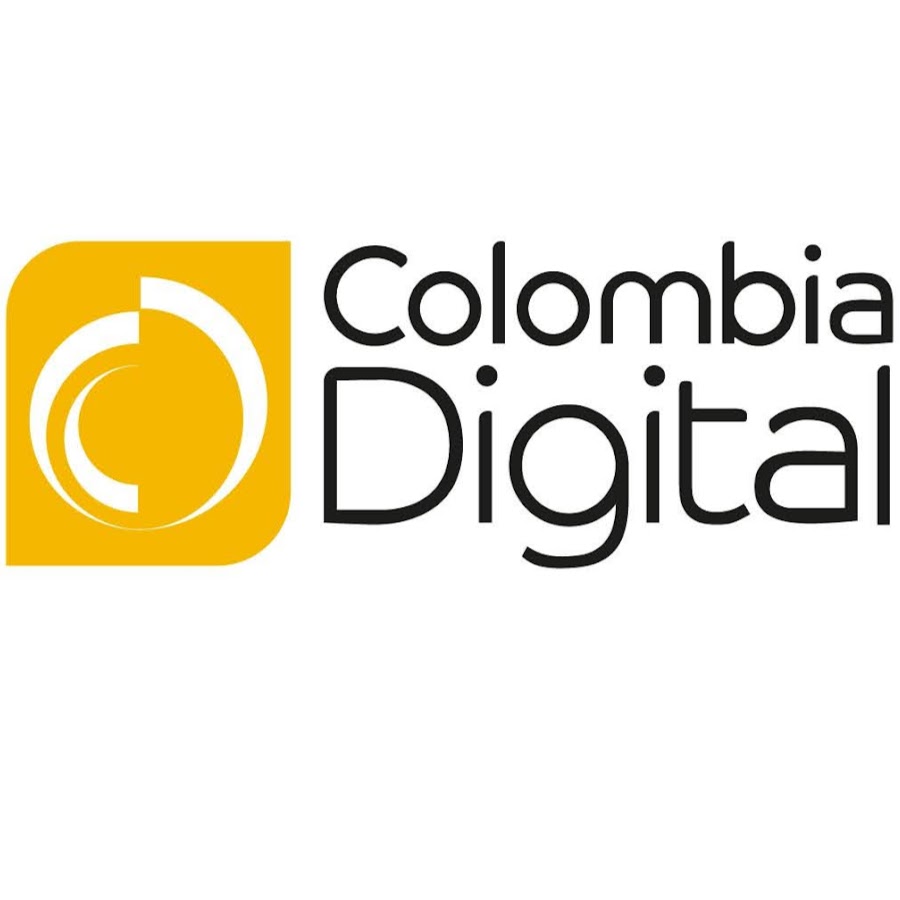Mostrar el registro sencillo del ítem
La Imagen y la Narrativa como Herramientas para el Abordaje Psicosocial en Escenarios de Violencia en el Departamento de Sucre
| dc.contributor.advisor | Rodríguez Gomez, Edna Jubely | |
| dc.coverage.spatial | cead_-_corozal | spa |
| dc.creator | Pallares Trespalacios, Fabiola de la Candelaria | |
| dc.creator | Berrio Lazaro, Bricila del Carmen | |
| dc.creator | Lara Vásquez,Luis Alberto | |
| dc.creator | Ramírez,Jhon Estid | |
| dc.creator | Viaña Méndez, Elizabeth | |
| dc.date.accessioned | 2019-12-11T19:37:10Z | |
| dc.date.available | 2019-12-11T19:37:10Z | |
| dc.date.created | 2019-12-01 | |
| dc.identifier.uri | https://repository.unad.edu.co/handle/10596/30345 | |
| dc.description.abstract | El presente trabajo se enmarca en el análisis de los relatos tomados del libro Voces: historias de violencia y esperanza en Colombia abordando con ello cada uno de los sucesos y eventos traumáticos que muchas de las personas en nuestro país, viven como consecuencia del conflicto armado y cada uno de los fenómenos que a partir de este contexto se desprende, conllevando con ello a impactos negativos a nivel físico, psicológico, emocional y social. De igual forma analizar y observar aspectos cognitivos y mentales, que permitieron a estas personas afrontar y superar cada uno de estos eventos traumáticos, dejando atrás el nombre de víctimas y conllevándolos hacia un contexto de vencedores, siendo ejemplo a seguir, para lo cual se hace importante comprender la importancia de la estrategia de narrativa, con el propósito de propiciar un cambio, permitiendo con ello recobrar y construir esa identidad, haciendo de las historias, fragmentos más proclives al futuro, a un nuevo amanecer. Por tal motivo, los profesionales que intervienen en esta área, deben desarrollar competencias y habilidades, que les permita redirigir el rumbo de las intervenciones, mediante estrategias como la comunicación asertiva, mediante los diferentes tipos de preguntas, sea circulares, reflexivas o demás, con las cuales se pretendan reconstruir los relatos y hacer que estas personas afectadas, victimas del contexto, puedan dar un giro a su vida y con ello recuperar el sentido de vivir y luchar, por un mejor mañana, por un mejor futuro y un mejor país. También encontrara diferentes experiencias, del informe reflexivo y analítico de la foto voz o narrativa -visual, esta técnica es cualitativa con ella se recogen datos, es una metodología participativa y visual, se toman fotografías que apoyan la investigación y análisis de las diferentes situaciones que se presentan en un contexto | spa |
| dc.format | ||
| dc.title | La Imagen y la Narrativa como Herramientas para el Abordaje Psicosocial en Escenarios de Violencia en el Departamento de Sucre | |
| dc.type | Diplomado de profundización para grado | |
| dc.subject.keywords | La narrativa | spa |
| dc.subject.keywords | Resiliencia | spa |
| dc.subject.keywords | Estructura | spa |
| dc.subject.keywords | Victimas | spa |
| dc.subject.keywords | Conflicto | spa |
| dc.description.abstractenglish | The present work is framed in the analysis of the stories taken from the book Voces: stories of violence and hope in Colombia, addressing with each of the traumatic events and events that many of the people in our country live as a result of the armed conflict and each of the phenomena that emerge from this context, leading to negative impacts on a physical, psychological, emotional and social level. Similarly analyze and observe cognitive and mental aspects that allowed these people to face and overcome each of these traumatic events, leaving behind the name of victims and leading them to a context of victors, being an example to follow, for which it becomes important Understand the importance of the narrative strategy, with the purpose of bringing about a change, thereby allowing to recover and build that identity, making the stories, fragments more prone to the future, to a new dawn. For this reason, the professionals involved in this area must develop competencies and skills that allow them to redirect the course of the interventions, through strategies such as assertive communication, through different types of questions, whether circular, reflective or otherwise, with which are intended to reconstruct the stories and make these affected people, victims of the context, can turn their lives around and thereby regain the sense of living and fighting, for a better tomorrow, for a better future and a better country. You will also find different experiences, the reflective and analytical report of the voice or narrative photo, this technique is qualitative with it data is collected, it is a participatory and visual methodology, photographs are taken that support research and analysis of the different situations presented in a context . | spa |
| dc.subject.category | Psicologia | spa |
Ficheros en el ítem
Este ítem aparece en la(s) siguiente(s) colección(ones)
-
Psicología [997]

